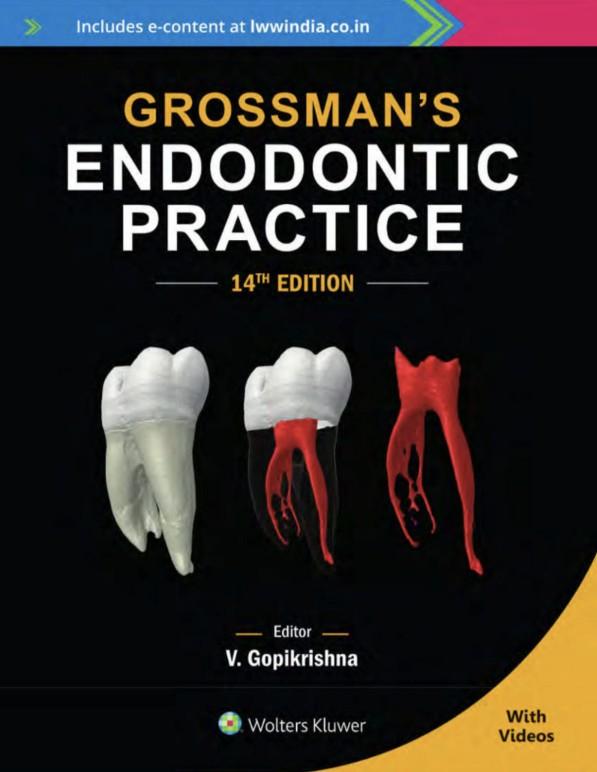Law and Procedure
Fundamentals of Criminal Law and Procedure for Paralegals focuses on providing the skills and knowledge students need to function effectively in careers related to criminal law. From investigation and discovery, to trial and sentencing, this text traces every step of the way through five hypothetical criminal cases that illustrate procedure, raise discussion questions, and engage students in skill-building exercises. Realistic and practical, the text engages students with discussions of the criminal justice system, the role of police and lawyers, the basic principles of criminal law, constitutional limitations, and trial procedures. New to the Second Edition: The book now covers Legal Defenses before Discovery and Disclosure, more accurately reflecting real world practice. Expanded coverage on the handling of cases involving driving under the influence, police officers’ use of excessive force, sexual offenses, and diversion programs offered by specialized courts. New Chapter 15 on Related Proceedings, covering Collateral Remedies, Clemency, Removing and Limiting Access to Criminal Records, Recovery of Seized Assets and Challenging Summary Suspensions of Driver’s Licenses. Revisions to make the text even more accessible to students, with learning objectives in every chapter and carefully edited discussions of key concepts. The title of the book has been changed to more accurately reflect the content of the book. Professors and students will benefit from: A logical three-part organization: Criminal Law: The criminal justice system, principles of criminal law, and types of criminal offenses Criminal Procedure: From commission of the offense to plea bargaining Criminal Procedure: Trials and their aftermath An emphasis on the role of paralegals, lawyers, and law enforcement in criminal cases Five hypothetical cases woven throughout the text that illustrate procedure, raise discussion questions, and offer opportunities for research exercises Coverage of both white collar and “street crime,” from both state and federal perspectives Excerpts from statutes, court opinions, investigative reports, and pleadings Strong pedagogy, including discussion questions, application exercises, marginal definitions, and end-of-chapter review questions. Assignments that mirror the tasks a paralegal would perform in a prosecutor or defense counsel’s office
From investigation and discovery, to trial and sentencing, this text traces every step of the way through five hypothetical criminal cases that illustrate procedure, raise discussion questions, and engage students in skill-building ...









